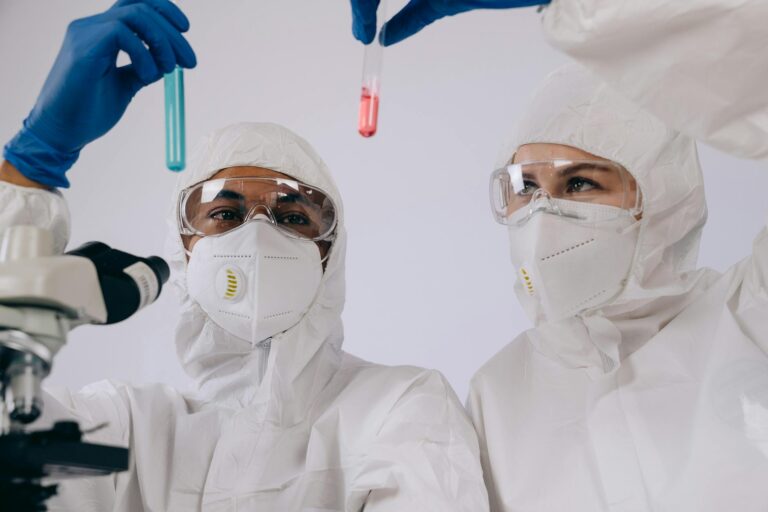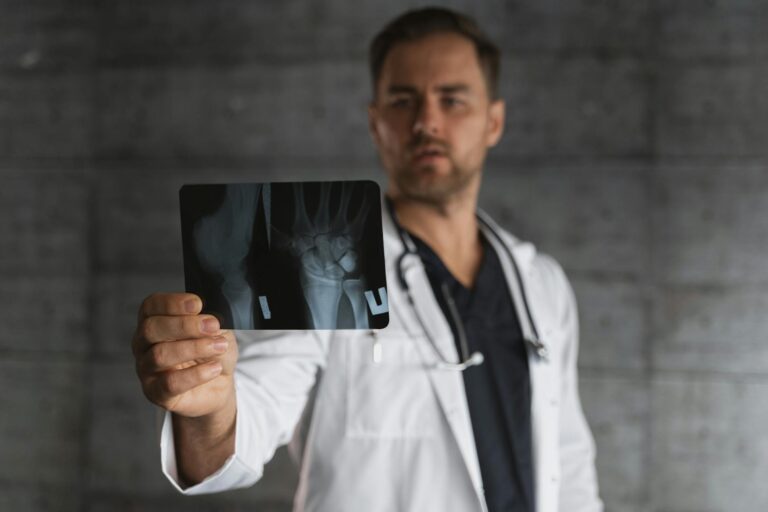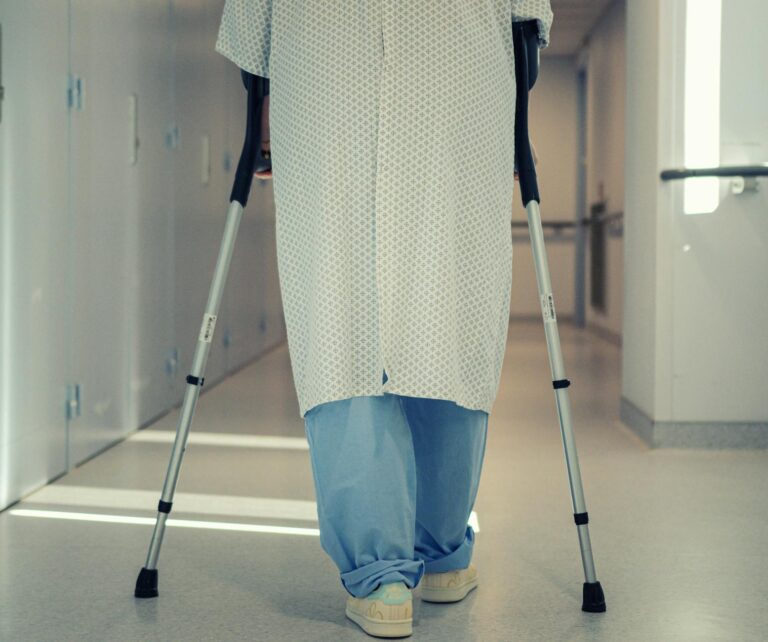Menopause brings many changes to a woman’s body, and one important concern is bone health. As estrogen levels drop, bones can become weaker and more prone to fractures. Calcium plays a key role in keeping bones strong, but it’s not just about drinking milk or eating cheese. There are plenty of other calcium-rich foods that menopausal women can enjoy to support their bone health.
**Beyond Dairy: Diverse Calcium Sources**
While dairy products like milk, yogurt, and cheese are well-known sources of calcium, they aren’t the only options—and some women may prefer or need alternatives due to lactose intolerance or dietary choices.
– **Leafy Green Vegetables:** Dark greens such as kale, collard greens, bok choy, and spinach provide good amounts of calcium along with vitamins A and C. These vegetables also offer magnesium and other minerals that help bone strength.
– **Seeds and Nuts:** Almonds are particularly rich in calcium. Other seeds like chia seeds and sesame seeds also pack a calcium punch while providing healthy fats.
– **Beans and Lentils:** These legumes contribute not only protein but also minerals including calcium. They’re versatile for soups, salads, or stews.
– **Soy Products:** Edamame (young soybeans) offers decent calcium content along with protein. Tofu prepared with added calcium is an especially potent source—half a cup can provide nearly 90% of the daily recommended intake for menopausal women.
– **Fish with Bones:** Sardines and canned salmon contain edible bones loaded with easily absorbed calcium plus vitamin D which aids absorption—a crucial nutrient during menopause.
– **Fortified Foods:** Many plant-based milks (almond milk, soy milk), orange juice brands, cereals, even some breads come fortified with extra calcium making them convenient options for those avoiding dairy[1][2][3].
**Why Vitamin D Matters**
Calcium alone isn’t enough; vitamin D helps your body absorb it effectively. Fatty fish like salmon or mackerel provide vitamin D naturally; egg yolks do too but in smaller amounts. Sunlight exposure triggers vitamin D production in skin cells but may be limited depending on location or lifestyle habits during menopause years[5].
**Exercise Considerations**
Physical activity benefits bones by stimulating bone formation; however intense exercise causes some loss of calcium through sweat which must be replenished through diet or supplements if necessary[4]. This makes balanced nutrition even more critical for active menopausal women aiming to maintain strong bones without relying solely on supplements.
Incorporating these varied sources into daily meals ensures adequate intake without depending exclusively on dairy products—offering flexibility while supporting bone health during menopause transition years when maintaining strength matters most.





